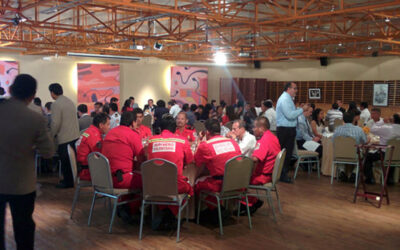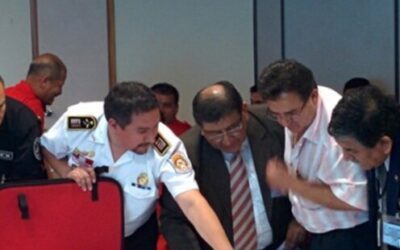Prepared by SummitET’s Vice President and Corporate Health Physicist, Steve Sugarman, this document briefly explains various radiation-related terms and concepts in an easy to read format and to provide additional information for those that may find it useful. Although organizationally different among the states, each has a radiation health department that can help with further questions and concerns.
Regulations and standards are in place to help minimize exposures to many sources of ionizing radiation. However, it is not possible to avoid all exposures. Radioactive materials are all around us. Terrestrial sources, such as radon, and cosmic radiation are contributors to our natural background radiation levels. Brick and concrete contain small amounts of naturally occurring radioactive materials such as uranium and thorium. Many of the foods that we eat contain naturally occurring radioactive materials – for instance, potassium-40 is found in bananas and Brazil nuts. Radioactive materials are routinely used in medicine for both diagnostic purposes (nuclear medicine) and therapeutic purposes (brachytherapy for the treatment of cancer, for example).
Basic Radiation Info Sheet
Download this document for free.
Resources
The Importance of Conducting Exercises
Attacks both domestically and internationally have pushed legislation into domestic resilience, combating terrorism, incident command, and disaster preparedness.
Types of Exercises and Training
The types of exercises we conduct from discussion-based to operations-based exercises.


